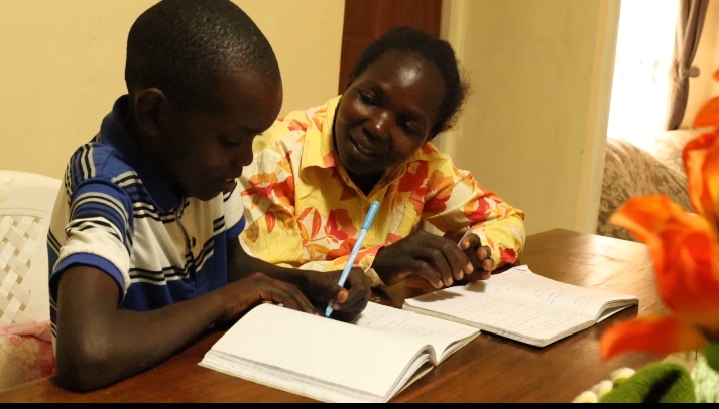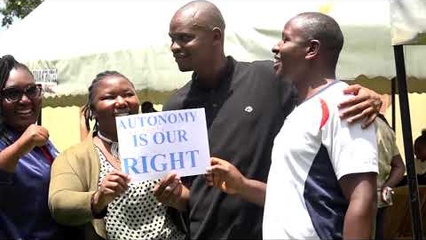Effective group discussions stand out as one of the Best Academic Practices. It is a collaborative approach to learning. Through it, learners see sense in the essence of teamwork, unity of purpose and mastermind alliance. Somewhat, group discussions should be a cocktail of abilities.
A research conducted to ascertain certain truths that pertain content mastery and retention strategies established something worth writing about: Peer teaching and presentation should account for 90% of teaching. Indeed, this in-depth research steer clear on the integral role of group discussions in relation to content mastery and retention. Therefore, it justifies the benefits of group discussions.
In a larger sense, every group should have an able group leader, who should be a skilled facilitator. Every group should set the target they want to hit. In addition, there should be a group name, objectives and raft of rules. Group leaders should have periodic meetings with academic teams to share data collected from the groups.
Effective group discussions should be set aside for guided discussions, group exams, making of marking schemes, constant consultation, peer teaching and contests. Candidates should be encouraged to share knowledge through peer teaching. Those who find it difficult to do so should see sense in these wise words: a candle does not lose light by lighting another candle. In fact, more bright light engulfs the room when more lights are ablaze.
Guided group discussions encompass general discussions but with the help of teachers to move from group to group as they respond to areas students are experiencing difficulties in. On group exams, students are given exams to do in groups. As they discuss the questions in groups, mastery of content happens. Ideally, these group exams should be marked, results released and revision done.
Apart from the common group discussions that are ubiquitous in our schools, there are four major types of group discussions namely: Socratic Seminar, Fish-Bowl, Jig-Saw and Think-pair-Share. In Socratic Seminars, the teacher, or even the group leader has several quality questions that they pose for members to answer. These are open-ended questions, which should encourage members to think critically about the syllabus content.
The Fish-Bowlmodel is the best for the weekend programme. Students take turns actively participating in the discussion as the rest of the class sit back and serve the role of being active listeners. The inner circle or sanctum is of active participants, but the outer one, observers. Each one must have assigned roles.
In Jig-saw, the student becomes an expert in a certain area, and generally shares the requisite knowledge with fellow students. The students meet in small groups. Each group discusses, and learns more pertaining a particular topic. There is the reshuffling of students to create new groups with representatives from each previous group. In the new groups, each student becomes responsible for sharing essential aspects of their original discussion.
On Think-Pair-Share, each student works independently on a particular topic, which everyone is handling. Because sharing is caring, students therefore meet, to share their readings, research and findings.
Some of the reasons why discussion groups fail include: lack of proper orientation pertaining roles, poor training of group leaders, failure to schedule the time for group discussions, lack of defined activities where students do not know what to do and lack of proper guidance.
© Victor Ochieng’
The writer rolls out academic, career, leadership; talks and training services. He also facilitates team building and bonding activities. vochieng.90@gmail.com. 0704420232
Get more stories from our website: Education News
To write to us or offer feedback, you can reach us at: editor@educationnews.co.ke
You can also follow our social media pages on Twitter: Education News KE and Facebook: Education News Newspaper for timely updates.
>>> Click here to read more informed opinions on the country’s education landscape






